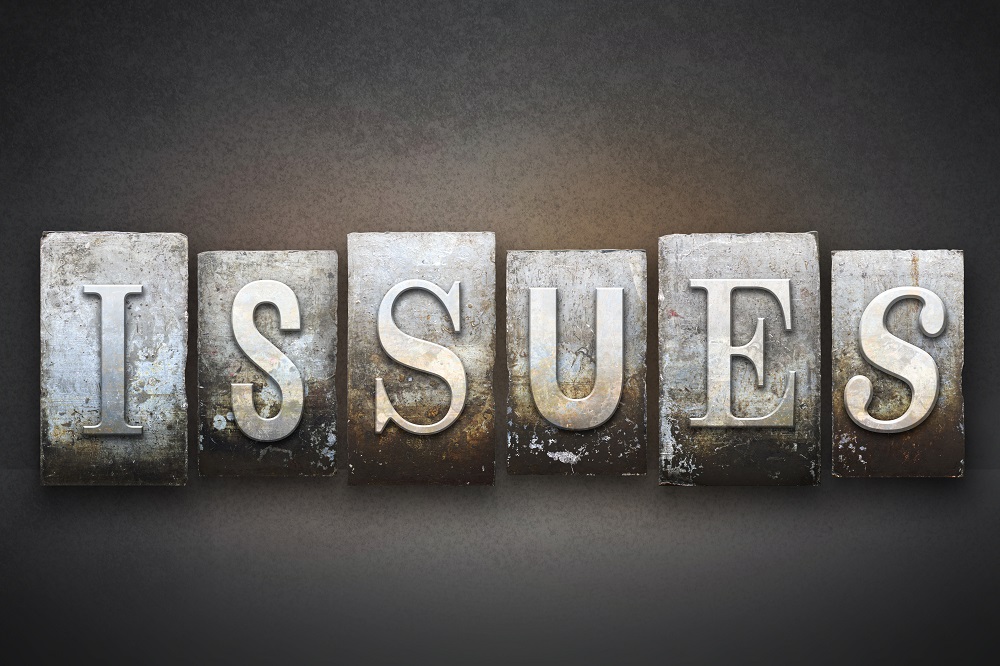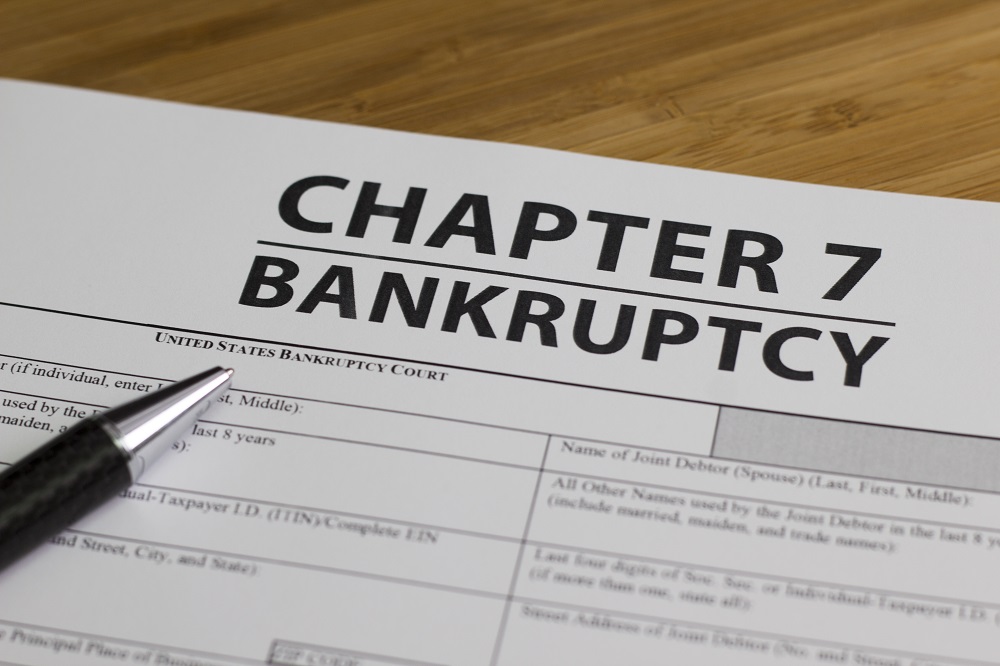How Will My Spouse’s Bankruptcy Filing Affect Me?
If you are married, you have to think about the impact your decisions will have on your closest people. Bankruptcy is one such major decision that will definitely affect your spouse and your children. Many people in Arizona are not sure about the way in which a spouse’s bankruptcy filing is going to affect them. This is also one of the reasons why bankruptcy may be sought as a last-resort option – many aspects of the procedure remain misunderstood.
In Arizona, either one person or both spouses can do the bankruptcy filing. Each of these decisions will have a specific impact on the entire household.
Spouse’s Bankruptcy Filing in Arizona
It is possible for you to do the bankruptcy filing in Arizona without getting your spouse involved. When one individual files, the other one will not be entered into the bankruptcy proceedings automatically.
Still, there are certain potential negative consequences that the non-filing spouse may have to deal with.
The most common ramification is for the non-filing spouse to be left without any protection in the case of shared debt. A bankruptcy filing puts an automatic stay on debt collection efforts. When just one person is filing, however, the other one will not be entitled to such protections.
Only when both spouses file at the same time will the automatic stay come into effect to prevent debt collection efforts aimed at both.
In the case of individual filing, debt collection is also ceased against the marital community. Community property consists of everything acquired by the two individuals over the course of their marriage. All property and assets will be added to the bankruptcy estate. Non-exempt property will be liquidated in a Chapter 7 bankruptcy for the purpose of paying debt off.
The bankruptcy discharge obtained by one spouse in Arizona also protects the marital assets that were obtained before and after the bankruptcy. What does this mean? While the person who hasn’t filed is technically still liable for mutual debt, the creditors cannot go for repossession or the foreclosure of mutual property. The wages of the two spouses are also being protected.
Ways in Which a Non-Filing Spouse Can Be Affected
What are the scenarios in which a non-filing spouse will experience difficulties as a result of their husband or wife’s bankruptcy?
The separate property owned by one person can become the subject of collection efforts on behalf of creditors. Everything that a person has owned before getting married is considered separate property and it does not belong to the marital community.
The same applies to community debt and a bankruptcy filing after the dissolution of a marriage. One of the spouses can go through a Chapter 7 filing, which will have an impact on their portion of the debt. The other former spouse, however, will still be responsible for paying off their portion of a loan.
Divorce and Bankruptcy
 The marital community is terminated as soon as a divorce gets finalized. This means that the protections a non-filing spouse enjoyed over the course of the marriage will no longer apply to debt collection efforts in the aftermath of a divorce.
The marital community is terminated as soon as a divorce gets finalized. This means that the protections a non-filing spouse enjoyed over the course of the marriage will no longer apply to debt collection efforts in the aftermath of a divorce.
The non-filing spouse is technically still liable for mutual debt. The marital community, however, extends a certain degree of protection. A divorce gives creditors a lot more freedom when it comes to attempting to get payments out of the non-filing ex.
In Arizona, debt collection efforts come with a statute of limitations. The statute is six years, after which a creditor will no longer have the right to pursue debt collection from a non-filing spouse. Consult an experienced bankruptcy lawyer to understand the repurcussions when faced with spouse’s bankruptcy filing.




